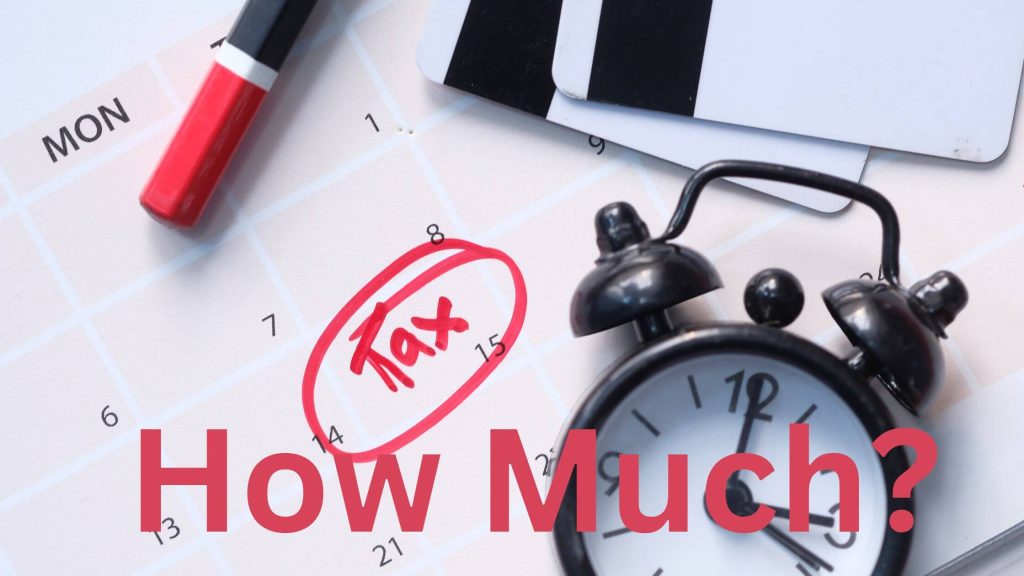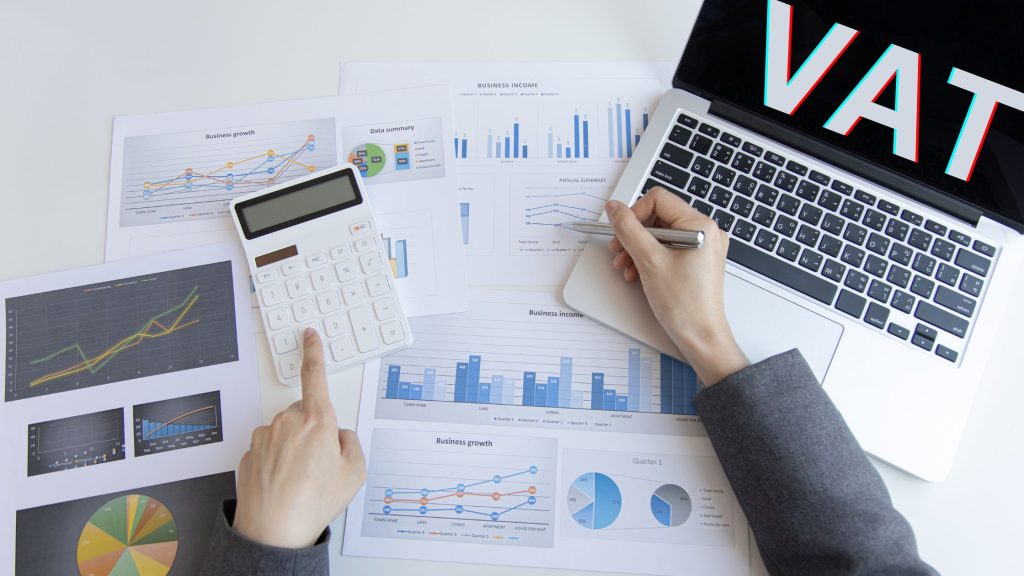Kenya’s Manufacturing Sector and the Finance Bill 2024: A Look at the Potential Impact
The Kenyan Association of Manufacturers (KAM) recently presented its feedback on the Finance Bill 2024 to the National Assembly Committee on Finance and National Planning. This bill proposes changes to various taxes and duties, and understanding its implications for manufacturing is crucial.
Kenya’s Manufacturing Ambitions
Kenya’s manufacturing sector has ambitious goals, aiming to contribute 20% to the Gross Domestic Product (GDP) by 2030. Achieving this requires creating a business environment that fosters local manufacturing and attracts investors.
Challenges and Uncertainties
However, the sector’s contribution has been shrinking, dropping from 10.9% of GDP in 2013 to 7.6% in 2023. One significant reason for this decline is the uncertainty caused by yearly changes in tax policies through finance acts.
KAM’s Concerns
KAM highlighted its concerns regarding specific provisions in the Finance Bill 2024. These provisions have the potential to:
- Reduce the competitiveness of Kenyan industries
- Lead to a decline in exports
- Cause job losses
- Increase the cost of living for Kenyan citizens (Mwananchi)
The Eco Levy: A Double-Edged Sword?
The proposed Eco Levy, an environmental tax, aims to create waste management infrastructure and support a sustainable waste management program. While KAM supports environmental conservation, they believe the Eco Levy duplicates existing levies and could hinder the development of a circular economy. Additionally, it could lead to price increases for essential goods like plastic packaging, batteries, and hygiene products.
Excise Duty and Rising Costs
The proposed removal of the excise duty offset mechanism for raw materials is another concern. This mechanism encourages local value addition and keeps production costs competitive. Additionally, imposing excise duty on products like cooking oil will further burden Kenyans already facing a rising cost of living.
KAM’s Recommendations
KAM proposes alternative measures to support manufacturing growth and economic development. These include:
- Implementing a lower VAT rate for manufactured goods instead of exemptions
- Exempting plant and machinery from VAT to reduce investment costs
- Eliminating taxes and levies on industrial inputs
- Making all taxes/levies on exported goods claimable/refundable
- Introducing an offsetting mechanism for duties and levies on industrial inputs
- Establishing predictable tax remittance dates
- Implementing only levies supported by proper impact assessment studies
The Road Ahead
KAM emphasizes the importance of a stable and predictable tax environment for attracting investment and driving growth. They urge the government to consider these recommendations and ensure the Finance Bill 2024 fosters, rather than hinders, a thriving Kenyan manufacturing sector.
By supporting our manufacturing sector, we can create jobs, boost productivity, lower the cost of living, and ultimately, build a more prosperous Kenya.

